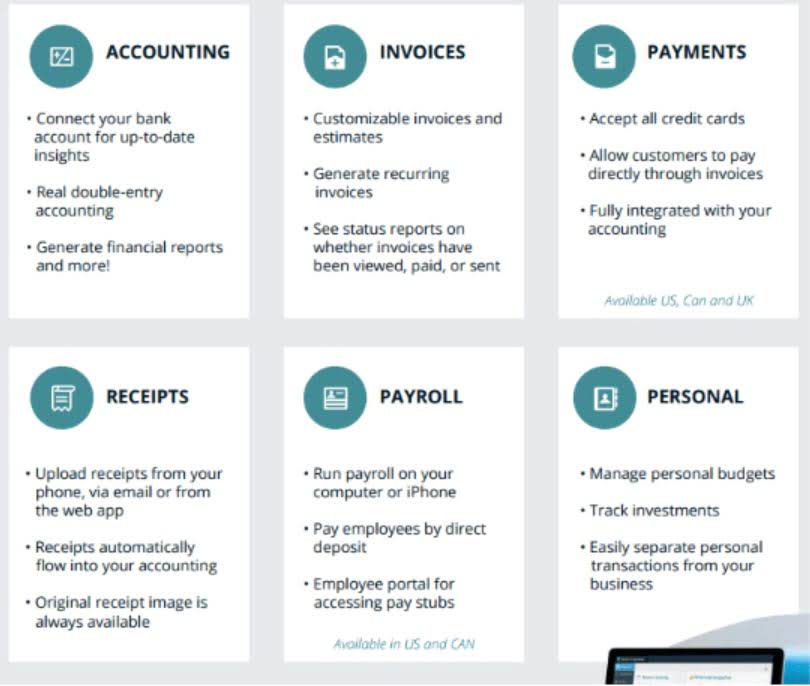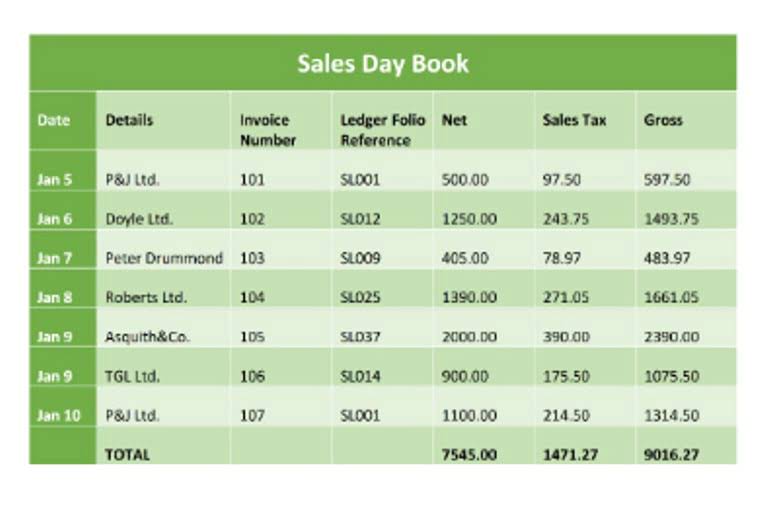
“FOB Destination” means that the transfer completes at the buyer’s store and the seller is responsible for all of the freight costs and liability during transport. In FOB Destination, shipping control primarily rests with the seller’s shipping dock. Until the goods reach the buyer’s specified destination, the seller maintains authority over the shipping process, including carrier selection, routing, and overall logistics planning.
Not Knowing About Customs Obligations
One of the primary challenges in working with FOB terms is effective risk management. Shippers and recipients must assess robust insurance policies to safeguard against potential in-transit issues that can lead to loss or damage. The delineation of risk transfer in FOB terms demands that buyers particularly conscientiously evaluate their Accounting for Technology Companies exposure to risk and necessitates meticulous planning. Failure to procure adequate insurance can lead to extensive losses that outweigh the cost savings anticipated through FOB Origin agreements. CIF is the better option to use when shipping and receiving goods in certain situations.
Who pays for shipping in FOB shipping point?

The critical juncture in any FOB agreement is often the shipping point—whether it’s a fob shipping point loading dock, shipping port, or any originating port. It tells you where the costs and risks are transferred between the seller and the buyer and helps avoid confusion over who is responsible for what at various stages of the shipping process. Freight collect simply means that the receiver of the freight is liable for all freight charges. Freight collect also assumes that the receiver is responsible for handling damage and loss claims. In contrast, freight prepaid is when the shipper or seller pays all shipping costs, including damage and loss expenses. For example, in international shipping, FOB origination port would mean that that the seller would be responsible for the cost of transporting and unloading the goods to the port of origin.
- While FOB terms establish when ownership and risk transfer, they do not replace insurance agreements or address liability arising from negligence or other factors.
- Under FCA, the seller delivers the goods, to a carrier or another party nominated by the buyer, at a specified location.
- Once the buyer gets hold of the goods, either at the port of origin (FOB Shipping Point) or at the port of destination (FOB Destination), the seller is no longer liable for any damages.
- Also, your seller must ensure that there is coverage up to the loading point.
- This means that the seller is responsible for delivering the dresses to the freight carrier’s terminal in Italy and paying the freight costs in advance.
- Get low rates from top carriers, free rebill audits, national and regional coverage, and much more.
FOB and Insurance
This means the seller is on the hook for all shipping costs, insurance, Accounting Periods and Methods and customs clearance until the goods are safely delivered to the buyer’s destination. Essentially, the seller ensures the goods arrive intact and undamaged, bearing all risks during transit. “FOB destination means title to the goods passes” refers to a shipping arrangement where the seller retains ownership and responsibility for the goods until they reach the buyer’s designated destination. This includes covering transportation costs, risks, and potential damage during transit.

This can provide added security and peace of mind for the buyer, as they are not responsible for any damages or losses that may occur during transportation. However, FOB Destination can also result in higher costs for the seller, as they are responsible for all transportation expenses. Ultimately, the choice between FOB Origin and FOB Destination will depend on the specific needs and preferences of both the buyer and seller. In logistics and shipping, FOB is a critical term that determines who bears responsibility for the goods during transit. If a seller uses FOB shipping terms, they can transfer the risk of loss or damage of the goods to the buyer once the goods have been loaded onto the transport vessel. This agreement reduces the seller’s liability for any potential damages, losses, or delays that may occur during transit.


For FOB destination, the transaction is not complete until the goods reach the buyer. CFR or “cost and freight” means that a seller agrees to arrange export and pay for the costs of shipping—but not for insurance, so the buyer takes on the risk of losses once the goods are onboard. FOB status says who will take responsibility for a shipment from its port of origin to its destination port. It indicates the point at which the title of the goods transfers from the seller to the buyer, and therefore who needs to cover the costs of transit and deal with any issues. Delivered Ex-Ship is an international commercial term applicable to all shipping methods.
- When the destination is the origin port, it’s known as the FOB shipping point.
- Risk transfers from the seller to the buyer once the goods are delivered to the carrier at the named place.
- Failure to procure adequate insurance can lead to extensive losses that outweigh the cost savings anticipated through FOB Origin agreements.
- Buyers and sellers should consult with legal experts and ensure that their contracts are legally enforceable.
- There is no special documentation or form needed when selecting an Incoterm; instead, the term should be listed in conjunction with the product price and defined as the agreed-upon incoterm.
- This distribution of responsibilities delineates each party’s distinct roles in ensuring the secure and efficient delivery of goods to the buyer’s destination.
- Ideally, the seller pays the freight charges to a major port or other shipping destination and the buyer pays the transport costs from the warehouse to his store or vendors.
- Under FOB Destination, the shipper has more control over the transportation process than the buyer.
- Once the goods are placed on board, any damage or loss incurred during transit is no longer the exporter’s responsibility.
- Overall, FOB shipping offers a straightforward way to manage the logistics of international shipments.
Assume a fitness equipment manufacturer receives an order for 20 treadmills from a newly opened gym located across the country. Consider your options for managing your goods during transit and purchasing cargo insurance. If your items are expensive, unique, or in a category where obtaining insurance is difficult, negotiating for FOB destination may be a better option. When you agree to receive items under FOB shipping point terms, it’s essential to be aware of your liabilities.
